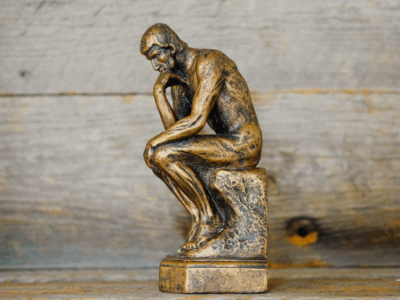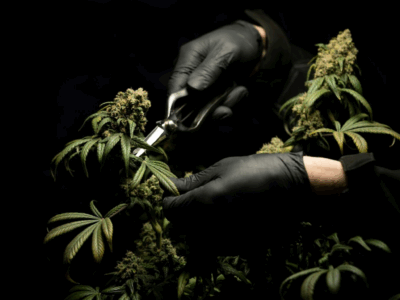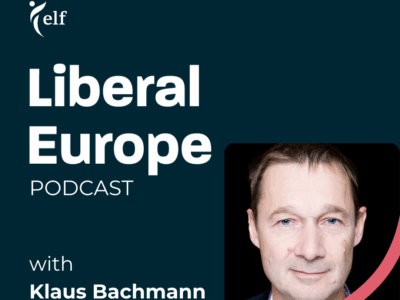The May issue of the 4liberty.eu Newsletter provides an overview of the articles published on the 4liberty.eu website, serving as a starting point for further exploration.
Dalma Vatai (Republikon Institute): Moral Superiority Does Not Win Elections
Employment policy has been crucial to the success of Fidesz, Hungary’s governing party since 2010. Their so-called ‘work-based society’, which has led to skyrocketing employment rates, combined with a lack of political alternatives, has made poor, geographically isolated, ethnically diverse regions much more likely to vote for Fidesz.
Sigita Sillngaite (LFMI): Responsibility: Question That Socrates Would Still Be Asking Us
The ancient Greek philosopher Socrates would walk the streets of Athens, persistently asking people what concepts like virtue, justice, goodness, and happiness meant. The dialogue would continue until the respondent realized they did not truly know. By employing this method, the philosopher helped “give birth to truth”—genuine knowledge.
Tomas Novotny (Institute for Liberal Studies): Marijuana Legalization: True Freedom or Just New Form of Control?
When a young ODS member challenges Fiala to smoke a joint and ODS suddenly talks about legalization, it is clear that marijuana is no longer just a pirate issue. Fiala smilingly declined the offer, but his surprisingly accommodating response signaled a shift. At the same time, ODS launched a campaign with the slogan “now is the time for legalization”, a clear ploy to appeal to young voters and disillusioned Pirate supporters.
Mate Hajba (Free Market Foundation): It Is Time for EU Antitrust Reform
EU antitrust regulations hinder innovation, which is the most effective way of fighting monopolies and strengthening the EU as a global power. That is ironic since the nominal purpose of those antitrust rules is to fight monopolies, not to empower them. The European Union needs to pivot its approach to businesses to be competitive globally, maybe even to fill the growing void left by the U.S. That is not out of the question, but only if Brussels changes course on its technology policymaking.
INESS: INESS Releases Updated Employee Price Calculator for 2025
The term “wage“ and its precise definition are crucial in public debates about labor markets, taxation, and social insurance. Wages also serve as a key indicator in international comparisons, guiding investors in evaluating where to locate their operations. However, confusion often arises from the distinction between gross wages and the arbitrary separation of “employee-paid” and “employer-paid” taxes and contributions. International statistics attempt to address this issue by using the concept of total wage cost.
Mateusz Michnik (FOR): Delaying Mercosur Agreement Harms Poland and Europe
After 25 years, negotiations have concluded on a trade agreement between the European Union and Mercosur, a bloc of South American countries. It aims to significantly liberalize trade between the two regions by eliminating tariffs on 91% of goods, reducing the remaining ones, and removing non-tariff barriers. Moreover, according to the agreement, European sanitary and phytosanitary standards will apply to South American products if they are to be admitted to the EU market. In addition, a key component of the deal will be commitments stemming from the Paris Agreement.
European Liberal Forum & Liberte: Germany at Crossroads with Klaus Bachmann [PODCAST]
Could the AfD party come to power in Germany? What would it mean for the German democracy and Europe? Why is the current historical narrative of the Bundesrepublik becoming useless? And what will be the identity of Germany in the future? Leszek Jazdzewski (Fundacja Liberte!) talks with Klaus Bachmann, Professor of Political Science at the University of Social Sciences and Humanities (SWPS) in Warsaw, Poland. He is a political scientist and a historian, who specializes in issues of European integration, transitional justice, recent history of Central and Eastern Europe, and totalitarian movements.



![Moral Superiority Does Not Win Elections [4liberty.eu Newsletter] Moral Superiority Does Not Win Elections [4liberty.eu Newsletter]](https://4liberty.eu/phidroav/2025/02/newsletterfin-1024x1024.png)






